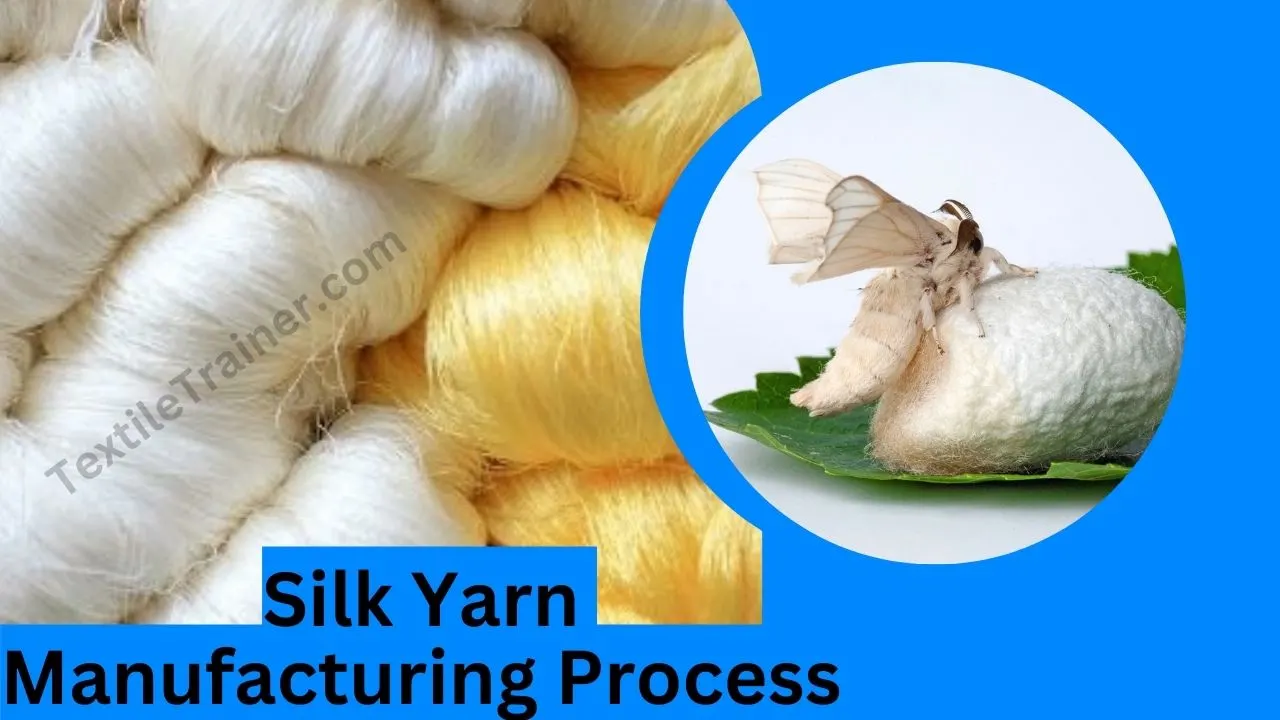Best 15 Advantage of Organic Cotton
What is Organic Cotton?
This article describes the 15 most crucial advantages of Organic Cotton. Many of us are confused about organic cotton, just as we were about organic foods 20 years ago. Because the correlation isn’t as direct, it’s taken a little longer to catch on. Unlike organic foods, cotton fiber is not eaten by humans (at least we hope you don’t!).
However, more and more people are becoming aware of the importance of organic cotton. In addition to being one of the most widely grown crops worldwide, conventional cotton is also one of the most chemically intensive. There is a huge impact of these chemicals on the air, water, and soil of cotton-growing areas, as well as on the health of the people that live there. According to the Environmental Protection Agency, they are among the most toxic chemicals. There is an even greater problem in developing countries due to uninformed consumers and weak institutions and property rights. The chemicals also destroy the land and cause thousands of farmers to die every year because of their exposure.
Cotton grown organically uses methods and materials that are less harmful to the environment. As a result of organic production systems, soil fertility is replenished, toxic pesticides and fertilizers are reduced, and biologically diverse agriculture is built. Third-party certification organizations verify that organic producers use only approved methods and materials. Pesticides and synthetic fertilizers are not used in the production of organic cotton. Additionally, genetically engineered seeds are prohibited for organic farming under federal regulations. Unlike other countries, the United States requires all cotton sold as organic to meet strict national standards.

Advantage of Organic Cotton
There are lots of advantage of organic cotton. Cotton farmers who switch to biologically based growing practices expect not only to produce healthier, cleaner products, but also to benefit the planet. However, Some advantage of organic cotton is given below:
- Keeping surface and groundwater clean.
- By manipulating ecosystems rather than using insecticides, insect and disease control is made safer.
- Planting beneficial habitats to prevent pests in the long run.
- Biodiversity conservation.
- Eliminate toxic chemicals from cotton production.
- Furthermore, organic crops yield soils with a higher organic matter content, a thicker topsoil depth, a higher polysaccharide content, and a lower modulus of rupture, thereby reducing soil erosion significantly.
- Organic cotton is ideal for people with sensitive skin, including those with atopic dermatitis. This fiber has a very soft touch and is hypoallergenic.
- Static electricity cannot be generated by it, unlike synthetic fibers.
- It also has the advantage of being easy to maintain. The clothing made from organic cotton is easy to wash and does not need to be ironed.
- Organic cotton also has the benefit of being eco-friendly. Reducing agriculture’s water consumption will benefit the environment.
- By using excessive fertilizers and insecticides, the conventional method pollutes all elements of the agro-ecosystem. By using non-chemical inputs, organic cotton production reduces pollution risks.
- Fibers may contain residues of pesticides that are carcinogenic. Bio-rational pest management products and biocontrol agents will not cause such effects in organic farming.
- It has been reported that large scale discharges of untreated and unprocessed effluents from textile industry and dyeing units have not only negatively affected the health of humans, cattle and fish in rivers and canals, but also decreased cotton yields as a result of irrigated water that is polluted.
- Destroying beneficial soil organisms can adversely affect soil health, resulting in an imbalance in the natural population of predators/parasiteoids of cotton pests. Ecosystems are restored or preserved when organic farming is practiced.
- The use of organic cotton helps to protect the environment from pollution
Why Organic Cotton is Better?
Natural farming works in harmony with the environment. Farmers make the most of natural cycles and systems to grow their crops. It all begins with the soil. Farmers can grow healthy and resilient crops by caring for the environment beneath their feet. By utilizing techniques such as crop rotation, green manures, and composting, healthy soils can lead to healthy harvests. Natural pest control methods are promoted because toxic hazardous pesticides and artificial fertilizers are banned. Unlike non-organic cotton production, which relies on synthetic chemical inputs like nitrogen fertilizers and artificial pesticides, organic cotton is grown without chemicals. These factors can damage local ecosystems and human health, which contribute to climate change. That’s why we can called organic cotton is better.
Though organic cotton has some disadvantage regarding costing issue. But, advantage of organic cotton will surpass the disadvantage of organic cotton.



